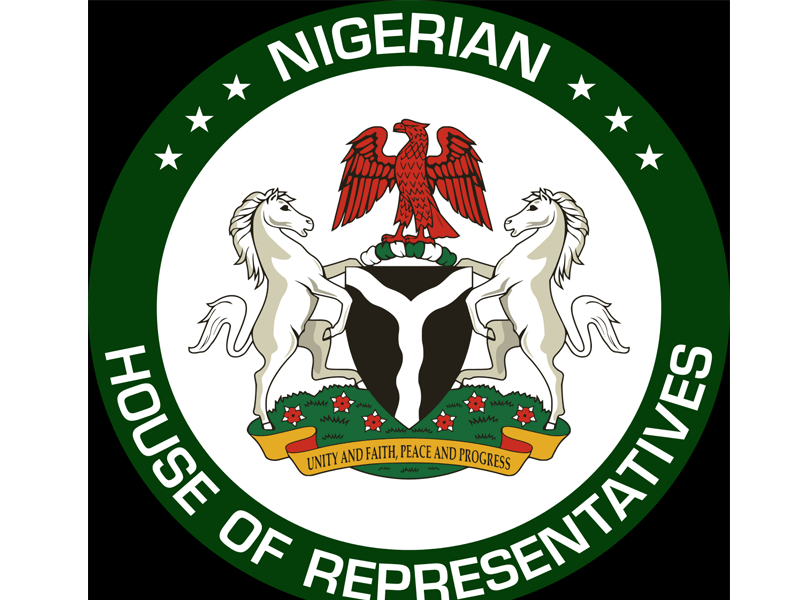As the Nigerian House of Representatives reconvenes from its new year break on Thursday, February 1, 2024, a slew of bills and motions have been lined up for debate, promising a start to legislative activities in the year.
At the forefront of the agenda is a bill addressing the regulation of organ harvesting, transplanting, and donations. This crucial piece of legislation aims to establish a regulatory body to oversee activities related to organ transplants and donations, addressing ethical concerns and ensuring the proper functioning of this sensitive medical field.
Additionally, the much-anticipated Electoral Act Amendment bill is set to take center stage in the lower legislative chamber’s first order of business for the year.
This bill holds the potential to bring significant changes to the electoral process, addressing pertinent issues and improving the overall transparency and fairness of elections in Nigeria.
Private member and executive bills have also been brought to the forefront, including a proposed amendment to the Professional Bodies (Special Provision) Act, Laws of the Federation of Nigeria, 2004.
These bills reflect the diverse range of concerns and priorities within the legislative body.
In tandem with the legislative agenda, lawmakers have put forth motions on urgent national importance, demonstrating a commitment to addressing pressing issues affecting the nation.
Some of these motions include the need for decisive action against health facilities refusing treatment to accident or gunshot patients without police reports, an investigation into the disproportionate distribution of electricity supply in Kebbi State, and concerns about environmental degradation in Irri Kingdom of Isoko South LGA of Delta State.
The House is also set to address the violation of the Petroleum Industry Act by Nigerian AGIP Oil Company Limited and the breach of the Appropriation Act by Chief Executives of Ministries, Departments, and Agencies of the government in the execution of capital projects.
Furthermore, motions on the investigation of National Identity Cards released from 2012 to date, the awarding of contracts for the construction of the Akwanga – Jos – Bauchi – Gombe Road, non-implementation of global best practices in the National Policy of Education, and the abuse of the use of sirens on Nigeria’s roads have been shortlisted for discussion.
Notably absent from the list are motions related to the controversial relocation of the Central Bank of Nigeria (CBN), departments and the Federal Airport Authority of Nigeria (FAAN), headquarters to Lagos. While generating significant public reactions, it remains uncertain if this matter will be raised during the legislative session as a Point of Order.



